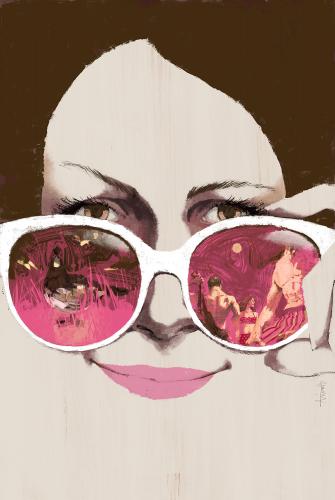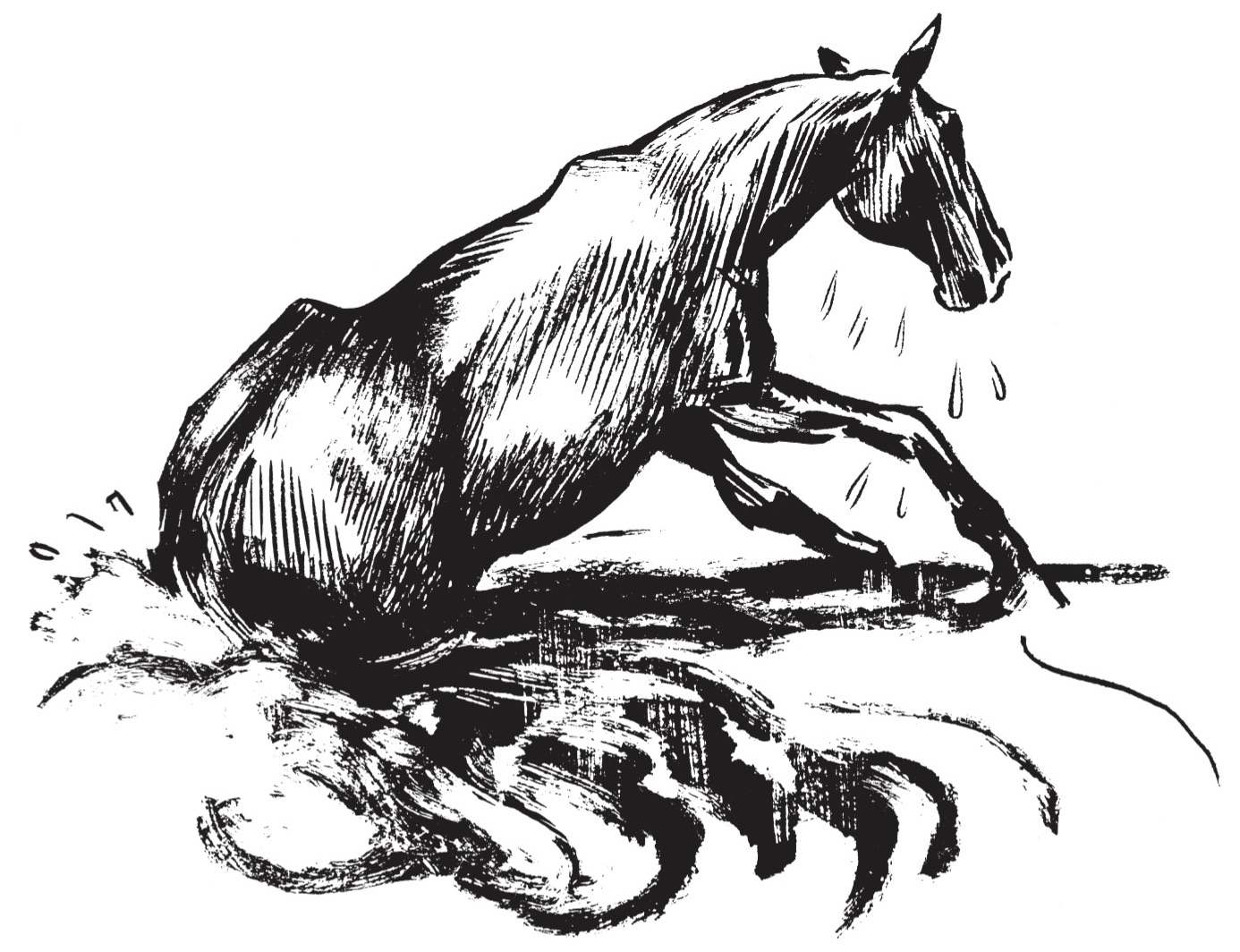 |
| Author Patricia Highsmith at home, in 1977. Photograph: Liselotte Erben |
Twisted brilliance: Patricia Highsmith at 100
Forbidden desires, strange obsessions and a singular talent for suspense... Carmen Maria Machado on the dark allure of the writer behind Ripley
Carmen Maria Machado
Saturday 9 January 2021
T
Which is not to say that she wasn’t, in her own way, endearing. She was, after all, a genius, a bona fide eccentric. She loved animals, particularly snails, which she kept by the hundred as pets and took to parties clinging to a leaf of lettuce in her handbag. Writer and critic Terry Castle describes how she once “smuggled her cherished pet snails through French customs by hiding six or eight of them under each bosom”. She was famous for her wit and wicked sense of humour, and she wrote compellingly of loneliness and empathetically about disempowered housewives and children.





























